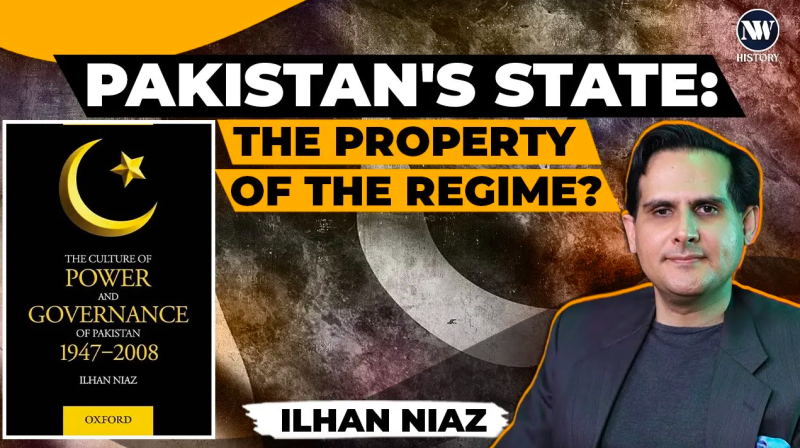In his 2010 book The Culture of Power and Governance of Pakistan 1947-2008, Ilhan Niaz discusses the nature of Pakistan's state as a "continental bureaucratic empire," where the state apparatus functions as the ruling regime's personal property.
This perspective highlights how the state's historical experience has been marked by instability and the pervasive use of arbitrary power.
Niaz explains that in a bureaucratic empire, the ruler claims ownership over the country and its institutions, while the governing class operates as personal servants of the executive elite. This hierarchy of servants helps the ruler maintain control over the empire. According to Niaz, the legitimacy of such a rule is often intertwined with divine sanction, making the religious class integral in upholding the ruler's authority.
In contrast, Niaz contrasts this structure with a "state of laws," where the state is distinct from the ruler's private property, and autonomous bodies exercise checks on executive power. In this model, the law, often embodied in a constitution, becomes the ultimate sovereign, ensuring stability and accountability. Niaz’s analysis reveals the profound challenges Pakistan faces in achieving such a governance model, given its entrenched history of personalized power and governance.

